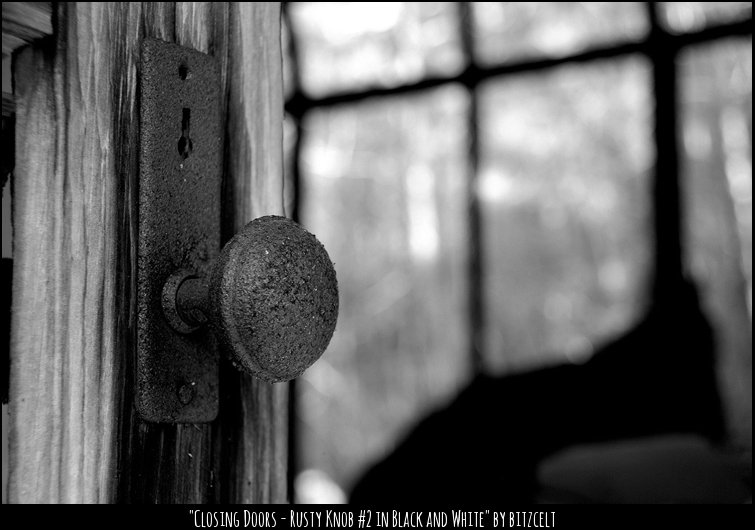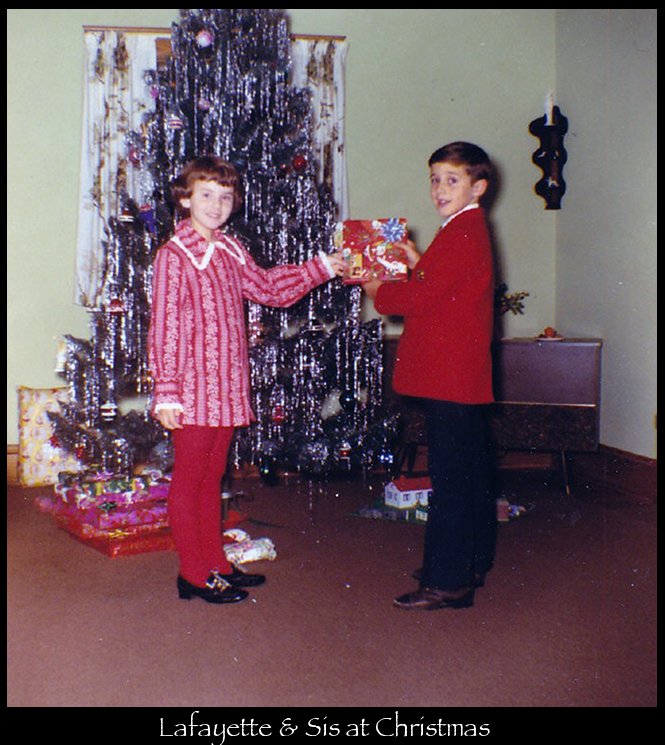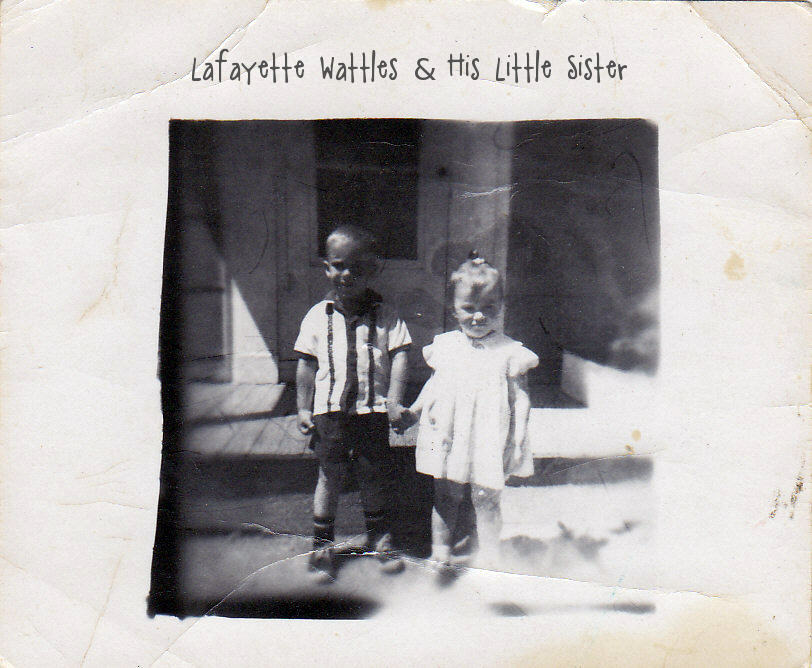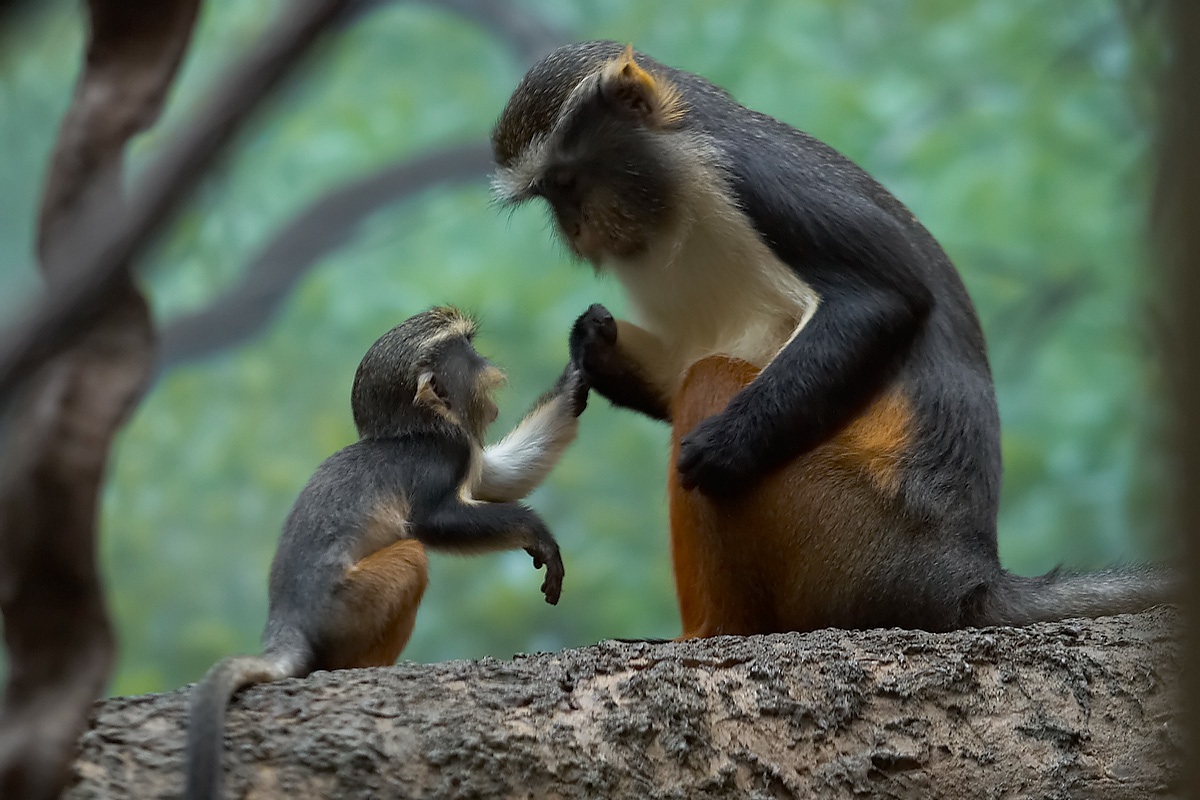“Words are easy, like the wind;
Faithful friends are hard to find.” ― William Shakespeare
As a boy, even with best friends, there’s sometimes very little distance between a fist bump and a fist fight. At least that’s how it was for me growing up.
When you’re seven, eight, even nine-years-old, it doesn’t take a lot to turn all that get-up-and-go fueling your youthful exuberance into scowling proclamations of “take that back!”
As adults, a fight between friends can often turn into something much more dramatic and much more personal. There also tend to be less split lips and more ugly words or all-out avoidance. Of course, when adult friends have a moment, it can also seem like nothing at all – no blood drawn, no feelings hurt, just a word or two, an honest reminder, a respectful, loving, setting straight.
I’ve mentioned it before, but it bears repeating. I’m a very lucky guy.
I have some of the most remarkable friends. Ever!
It’s true. Scientists and Historians are still shaking their heads in disbelief. A few of my closest chums have been friends of mine for two or three decades. That’s right, they’re slow learners.
I had some great friends as a boy too, before we moved. It’s that in between time that was a bit more problematic, so it’s no wonder that’s the time I tend to write about.
One of my absolute favorite things to do as a writer is create the protagonist’s friends.
Without consciously setting out to do so, I’ve found that I imbue these fictional sidekicks with many traits my childhood possessed and my adult friends possess. Characteristics like pluck, curiosity, empathy, spunk, humor, and perhaps a slight propensity for mischief (like Webb) or nerdy interests (like Swatch).
Here are a handful of my favorite quotes about friendship (see if you agree with them or disagree):
“A friend is someone who knows all about you and still loves you.” – Elbert Hubbard
“What is a friend? A single soul dwelling in two bodies.” ― Aristotle
“Silence make the real conversations between friends. Not the saying, but the never needing to say that counts.” ― Margaret Lee Runbeck
“Each friend represents a world in us, a world possibly not born until they arrive, and it is only by this meeting that a new world is born.” ― Anaïs Nin
“We’ll be Friends Forever, won’t we, Pooh?’ asked Piglet.
Even longer,’ Pooh answered.” ― A.A. Milne, Winnie-the-Pooh
![Mickey McKay & Frank Conifrey - Lenox Hill Settle't [i.e., Settlement] Mickey McKay & Frank Conifrey - Lenox Hill Settle't [i.e., Settlement]](http://lafayettewattles.com/wp-content/uploads/2014/02/boxing-locb.jpg)









